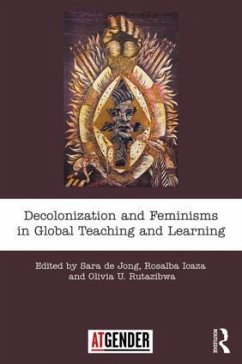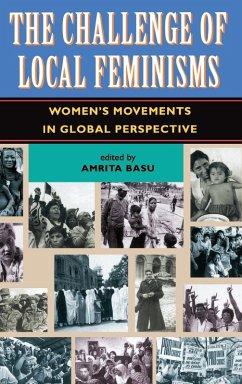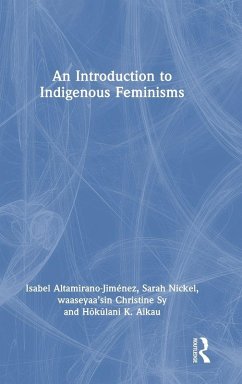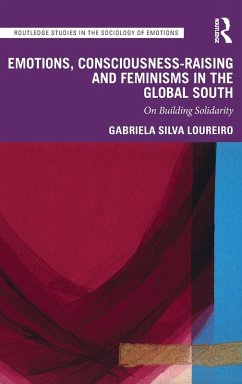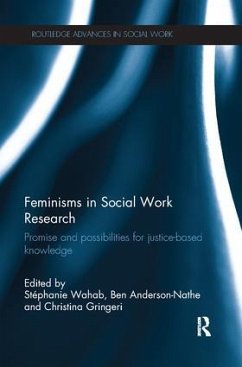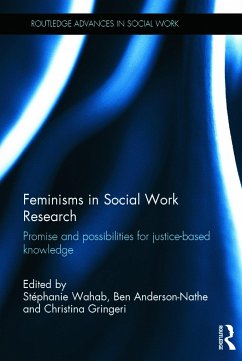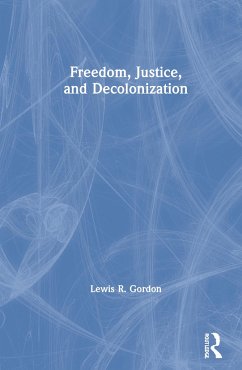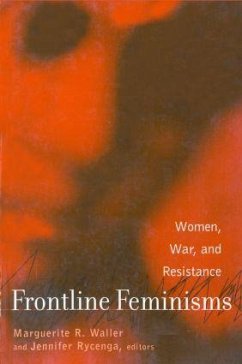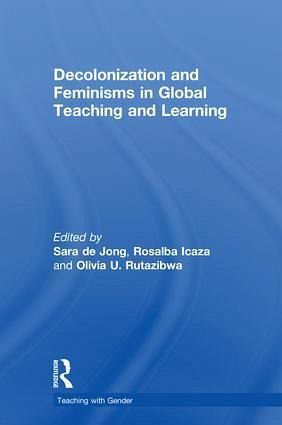
Decolonization and Feminisms in Global Teaching and Learning
Versandkostenfrei!
Versandfertig in 1-2 Wochen
167,99 €
inkl. MwSt.

PAYBACK Punkte
84 °P sammeln!
Decolonization and Feminisms in Global Teaching and Learning is a resource for teachers and learners seeking to participate in the creation of radical and liberating spaces in the academy and beyond.





